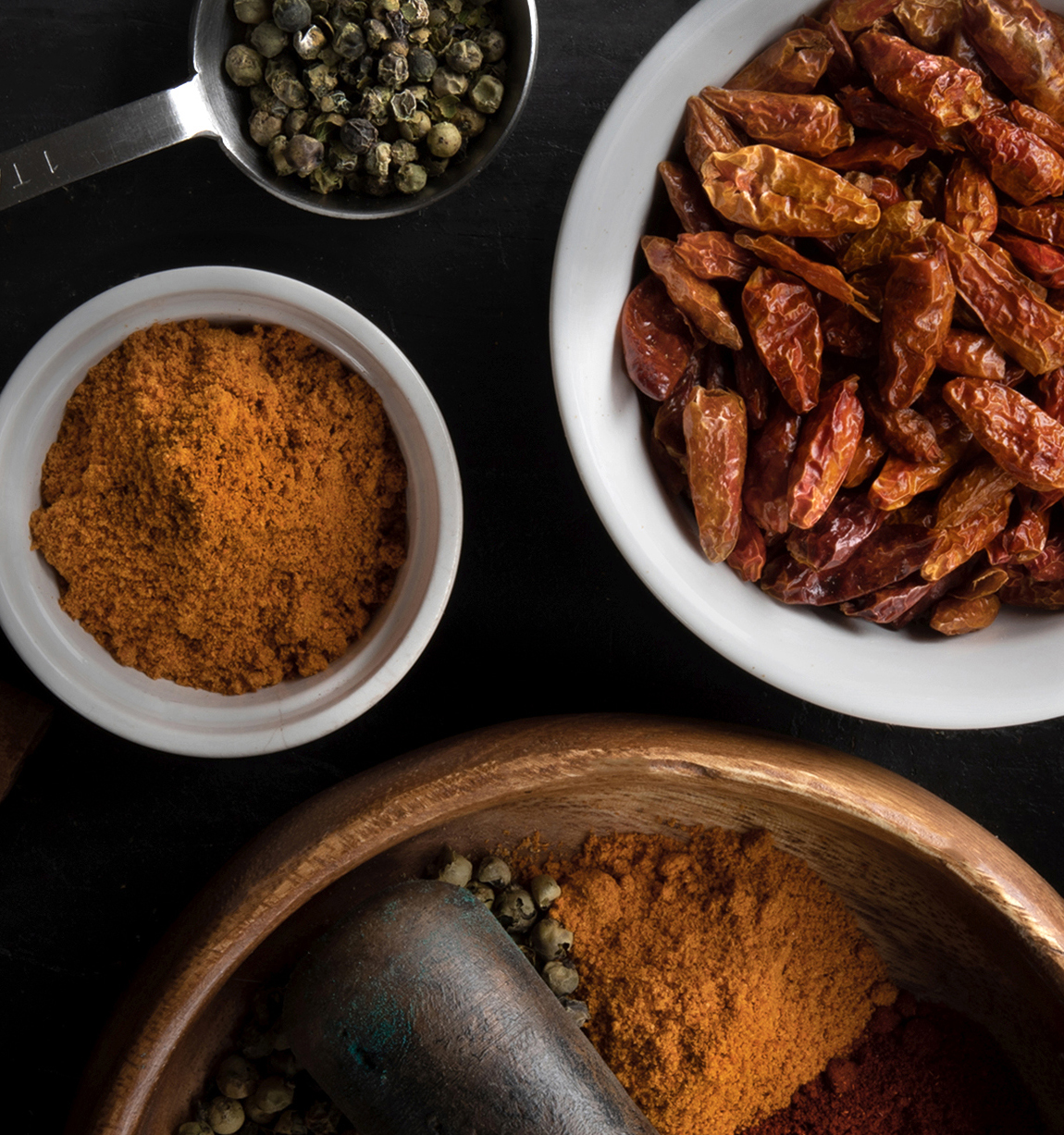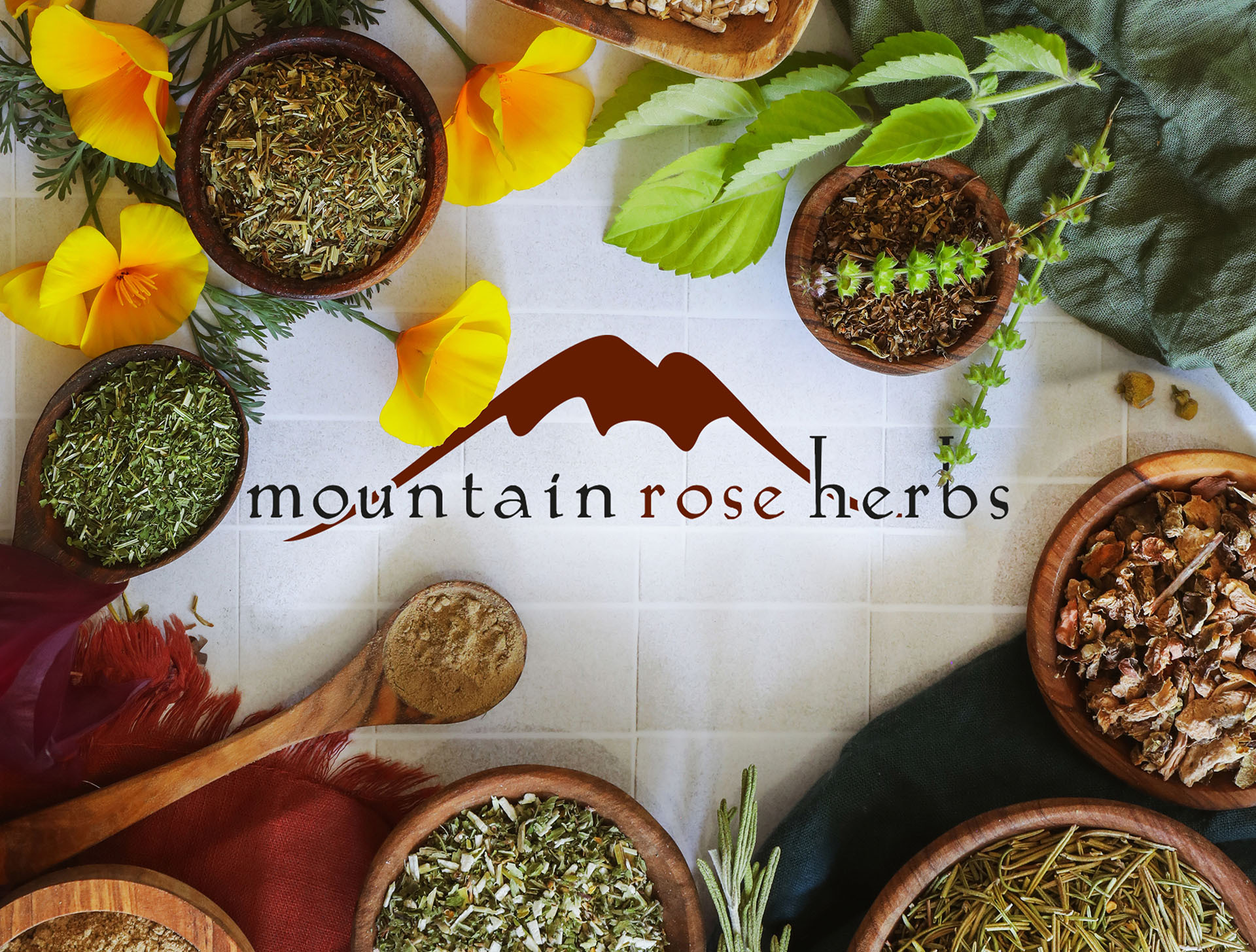Bulk Organic Herbs & Spices
The line of organic herbs and spices offered by Mountain Rose Herbs are guaranteed to be fresh, colorful, and fragrant.
All of our bulk herbs, botanicals, and seasonings are strictly selected from the finest harvest, and we have meticulously reviewed and analyzed all of our materials to promise you an herbal product that is unparalleled in quality. Mountain Rose Herbs has 13 farm operations throughout the world, and we act as a direct liaison between the farmer and you. We are confident in not only the quality of the material we offer you, but the ethics involved with its growing and handling. The entire line of bulk herbs and spices we offer are organically grown, or wild harvested, and it is our mission to not offer anything that is grown using conventional methods which rely on pesticides and chemicals. All herbs are cut and sifted, unless otherwise noted. Experience why our line of herbal products is the first choice for the herbalist and practitioner.
• Guide to Basic Herbal Actions
• How to Make an Herbal Tinctures
• How to Make Herbal Vinegars
• How to Make an Herbal Electuary
• Explore Free Recipes and Educational Resources From Our Blog


